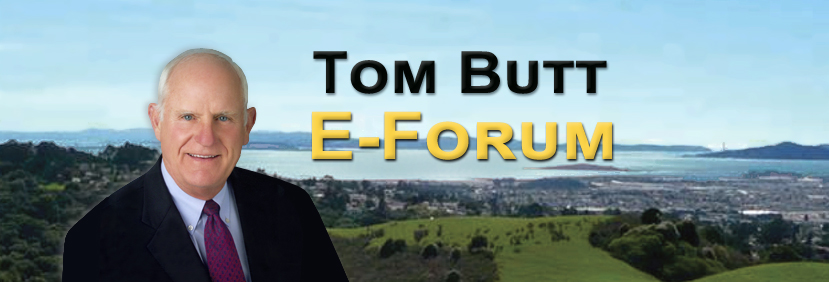|
|

Beginning on November 1, which is the date of my mother’s first letter from her Hawaii trip 84 years ago, I am serializing day by day, the book, Cecilia King’s Extraordinary Senior Trip, which you can obtain from Amazon in either Kindle or paperback.
I hope you enjoy the upcoming nine-months in Hawaii 1940-41.
Honolulu, Friday, December 27, 1940
Friday night.
I might almost say ditto to yesterday – Still haven’t gotten my dresses snipped up – but A. S. and I held a conference today & decided exactly what was to be done. They got prettier each time I look at them – much as I’d like to wear on New Years – I don’t want to expose it to the ruination by Schofield red dirt.
A big Christmas box came from the Daus today – two packages apiece, cunningly wrapped, with bells & silver powdered “sticky” ribbon pasted on for initials (C.K. – 7+5 – marked like this). I got two boxes of fancy lipstick tissues and a box of tiny verbena scented soap crowns. Uncle Ed got books. A. S. Helena R. toiletries & a “vase frame” sort of clay shell, gold frame stands on end – inside is a tiny amber glass vase for one flower. A picture that can be changed every day.
Still no cook – I’m beginning to believe there is an asp or something -- stopping all prospective cooks. So we repeated the usual hamburger steaks and avocado salad at Ruger restaurant – P.S. ice cream.
Aunt Susan tells of her “friend” at the Pleasanton Hotel, a widow whose one & only interest was her little spitz dog. Her constant complaint: She just couldn’t get “doggie” out airing enough that he wore down his little claws – so had to pay $1.50 weekly to have the vet clip them!
  Much excitement over new Gen. replacing Herron . at Shafter. Name of Short . No one seems to know him. Much excitement over new Gen. replacing Herron . at Shafter. Name of Short . No one seems to know him.
On the day war began in Europe in September 1939, the Army commander in Hawaii, Maj. Gen. Charles D. Herron, after "taking stock" of his local outlook, informally commented to General Marshall that he would not "want to be given the job of cracking the nut" which Oahu presented to any would-be invader, because of its "encircling reefs and two coasts protected by very difficult small mountain ranges and the south shore very heavily armed [and therefore with the] prospect of fighting an entrenched division all the way across after a landing on the north shore." He admitted that Oahu was difficult to defend against "air attacks coming in from the sea." But he expressed the belief that airplane carriers could "not live in these waters as long as we have left any bombers at all;" and anyway he felt "that naval air forces, like the cavalry of old, always has in its mind, the get-away." General Herron's optimism about Oahu's relative invulnerability to invasion appears to have been well founded, but two years later the Japanese certainly belied his observation about carriers.( https://history.army.mil/books/wwii/guard-us/ch6.htm)
|

